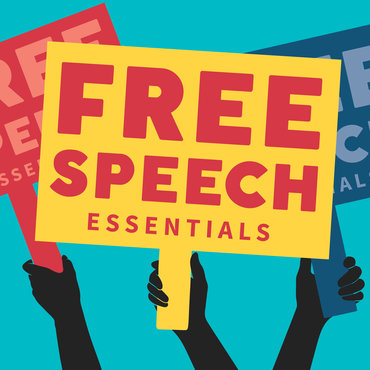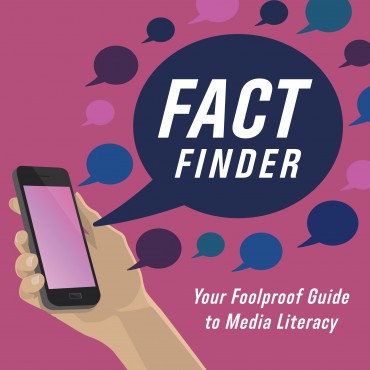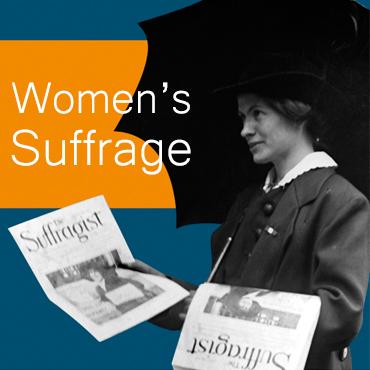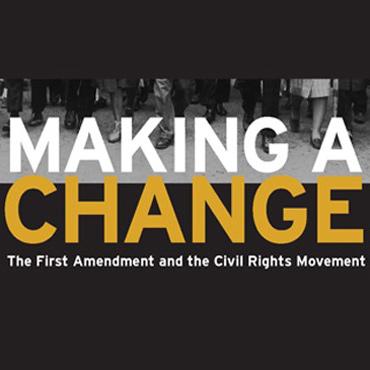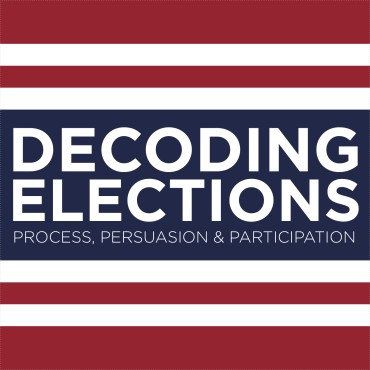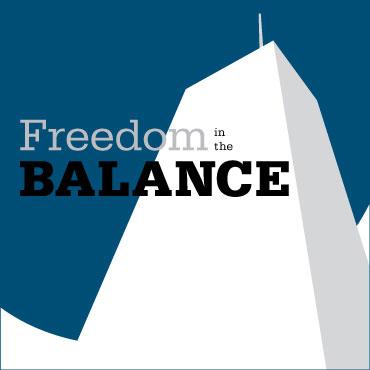Exploring the Freedoms of Assembly and Petition
The resources below highlight the ways Americans have used their freedoms of assembly and petition to bring about change. Explore their work and find ideas to inspire your own expression.
Gauge the Constitutionality of assembly limits with this infographic.
“It was American doing what America should have done earlier.”
This video explores the integration of Central High School in Little Rock, Ar. Told by Moses Newsom, a Civil Rights reporter who covered the trial of Emmett Till’s murderers and was attacked by a white mob in Little Rock. Newsom was one of two journalists to participate in the initial Freedom Rides.
“We could not let the threat of violence, or violence itself, to stop a non-violent campaign. We had a Constitutional right.”
Join Rep. John Lewis, journalist Moses Newsom and John Siegenthatler, a Justice Department aide, as they describe the Freedom Rides from different perspectives.
“But I ask no favors for my sex. I surrender not our claim to equality. All I ask of our brethren is, that they will take their feet from off our necks, and permit us to stand upright …” Sarah Grimké
Trace the history of the Women’s Suffrage movement from the Declaration of Independence to the Equal Rights Amendment in a timeline with historical front pages, artifacts and interviews with historians.
"By winning this decision, ONE Magazine has made not only history but law as well..."
Explore how court cases can be a catalyst for change in this February 1958 issue of ONE. Covering a landmark victory for the gay rights movement, this article celebrates the magazine's Supreme Court victory over the U.S. Post Office, which refused to distribute the publication, citing obscenity laws.
“And then the flag salute would occur and then you would—”
“Get up and go home.”
In this interview, Gathie Barnett Edmonds explains why, as a Jehovah's Witness, she refused to say the Pledge of Allegiance while a student in 1942, and describes her experience of getting sent home
Dive deeper into the question of protesting for religious freedom here.
"There is no legal authority on the party of anybody to prevent my making a speech on the steps of the Capitol, and that I propose to do."
Do freedom of assembly and petition apply when Jacob Coxey leads an "army" of unemployed men to the U.S. Capitol to protest economic policies?
